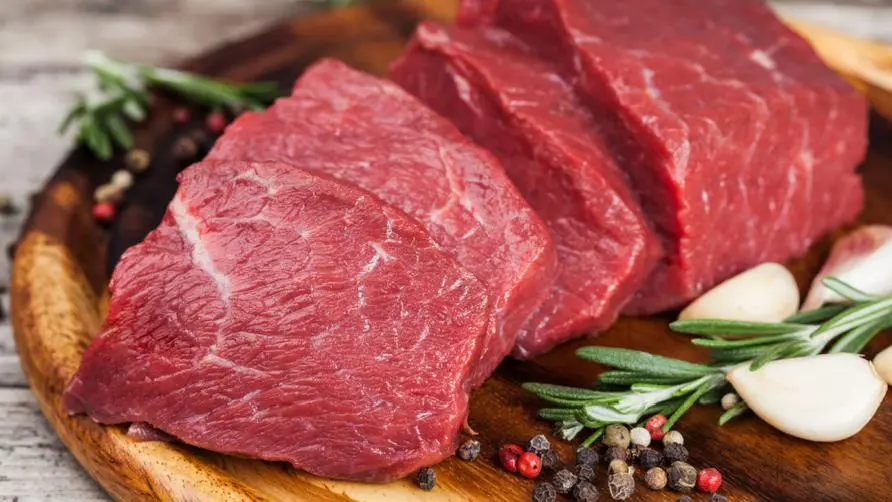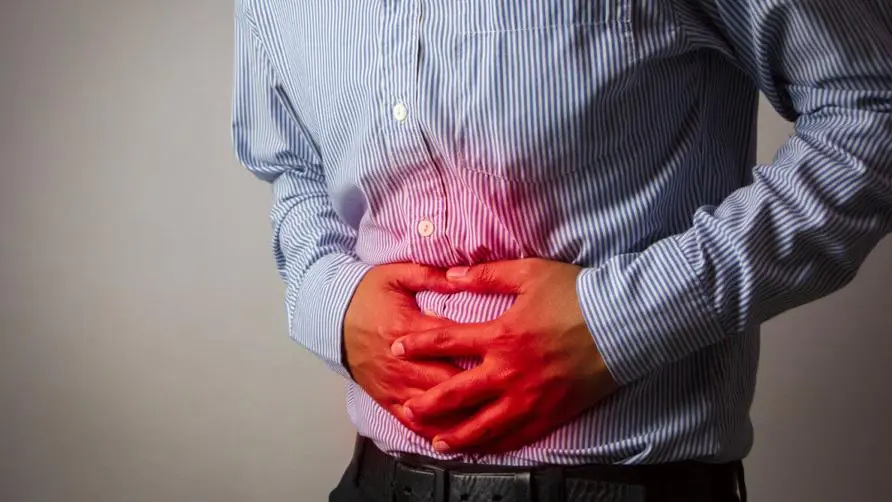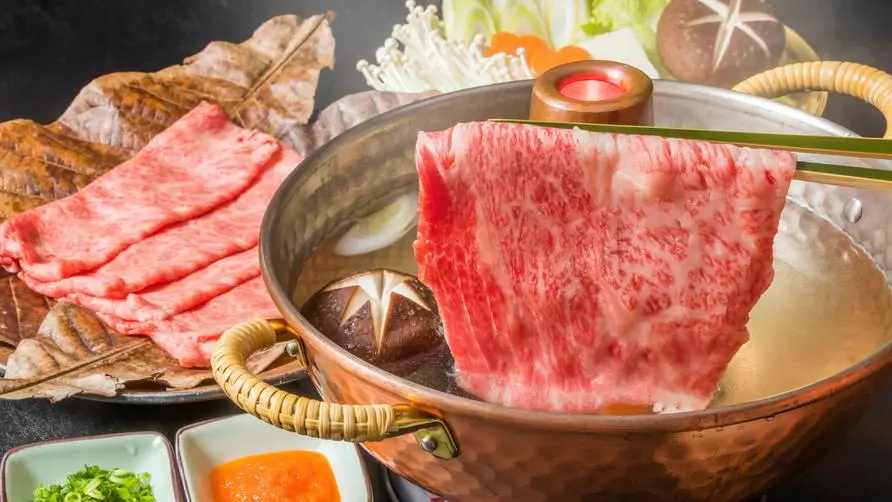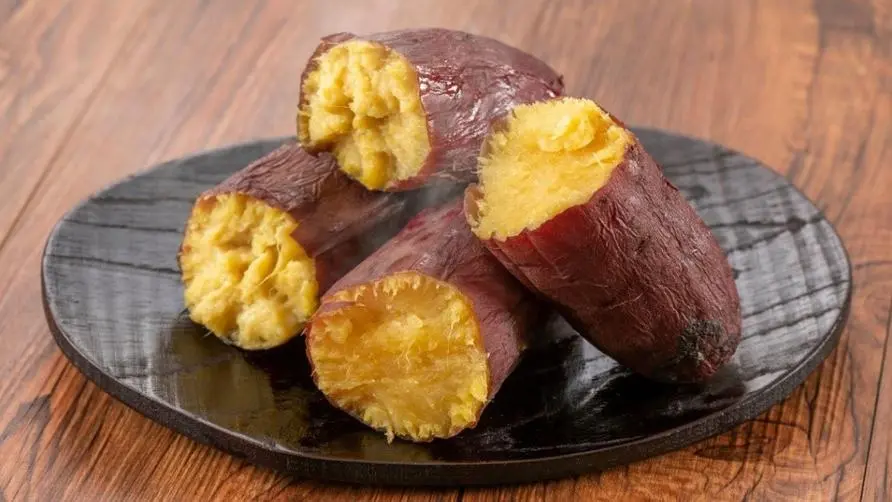Is there a big difference in calories between different parts of beef? Nutritionists recommend "this part" the most: it tastes soft and tender and has less fat.

Are the calories in different parts of beef very different? Nutritionist unveils nutrition guide for various parts of beef
It’s the same beef, but the calories and fat in each part are very different! Dietitian Gao Minmin pointed out in the community that in view of the general increase in health awareness among modern people, many people pay special attention to calories when going to barbecue restaurants, hot pot restaurants or buying meat, and are afraid of eating excess fat while enjoying the delicious taste of beef. Eat well. In fact, as long as you choose the appropriate “parts” wisely and cook them in a simple way, you can eat them without fear of getting fat.
Nutritionist Gao Minmin further listed the “Nutrition Guide of Various Parts of Beef” that gourmets must know as follows:
1. The New Yorker
Calories: 200kcal
Protein: 21.3g
Fat: 12g
2. Ribs
Calories: 225kcal
Protein: 18.6g
Fat: 16.1g
3. Ribeye
Calories: 162kcal
Protein: 20.4g
Fat: 8.3g
4. Beef short ribs
Calories: 352kcal
Protein: 15.1g
Fat: 28.9g
5. Tendon
Calories: 166kcal
Protein: 19.8g
Fat: 9g
6. Scapular ribs
Calories: 233kcal
Protein: 16.9g
Fat: 17.9g
7. Breast meat
Calories: 331kcal
Protein: 14.8g
Fat: 29.6g
8. Pork belly
Calories: 430kcal
Protein: 15.7g
Fat: 40.3g
9. Beef Tendon
Calories: 139kcal
Protein: 19.8g
Fat: 6g
10. Beef Tendon
Calories: 157kcal
Protein: 21.7g
Fat: 7.2g
11. Fillet
Calories: 184kcal
Protein: 20.6g
Fat: 10.7g
12. Hind leg meat
Calories: 122kcal
Protein: 19.4g
Fat: 4.3g
The reason why eating steak is so calorie-dense is the sauce? “This part” tastes soft and tender and contains the least oil.
In general, Gao Minmin nutritionist explained that beef contains a large amount of sarcosine and vitamin B6, and it does have certain nutritional value in meat products. However, in addition to choosing appropriate parts, people should also keep the following principles in mind when eating meat to avoid calorie explosion:
Choose parts that are less oily. When ordering out, you can choose the “fillet” cut, which is the loin meat of the beef. This part requires less exercise, the meat is relatively soft and tender, and the fat content is low. It is the favorite of many gourmets.
Cut off the fat part. Eating fat will not make you feel full, it will only increase calories, so be sure to remember to cut it off.
Proper cooking methods. Use Sichuan blanching, dry frying, grilling, etc., and sprinkle with sea salt and natural spices to make it very delicious. Do not avoid adding sauces such as pepper sauce or mushroom sauce to avoid increasing the heat.
Finally, nutritionist Gao Minmin reminds the public to eat meat that is fully cooked when eating out, and to consume more other protein foods instead of high-fat meat. In principle, a balanced intake of “beans, fish, eggs, and meat” should be consumed. In addition, when eating meat, remember to take care of your own health. In addition to the amount of meat, don’t forget to eat vegetables and fruits to create a nutritionally balanced meal.
Further reading:





